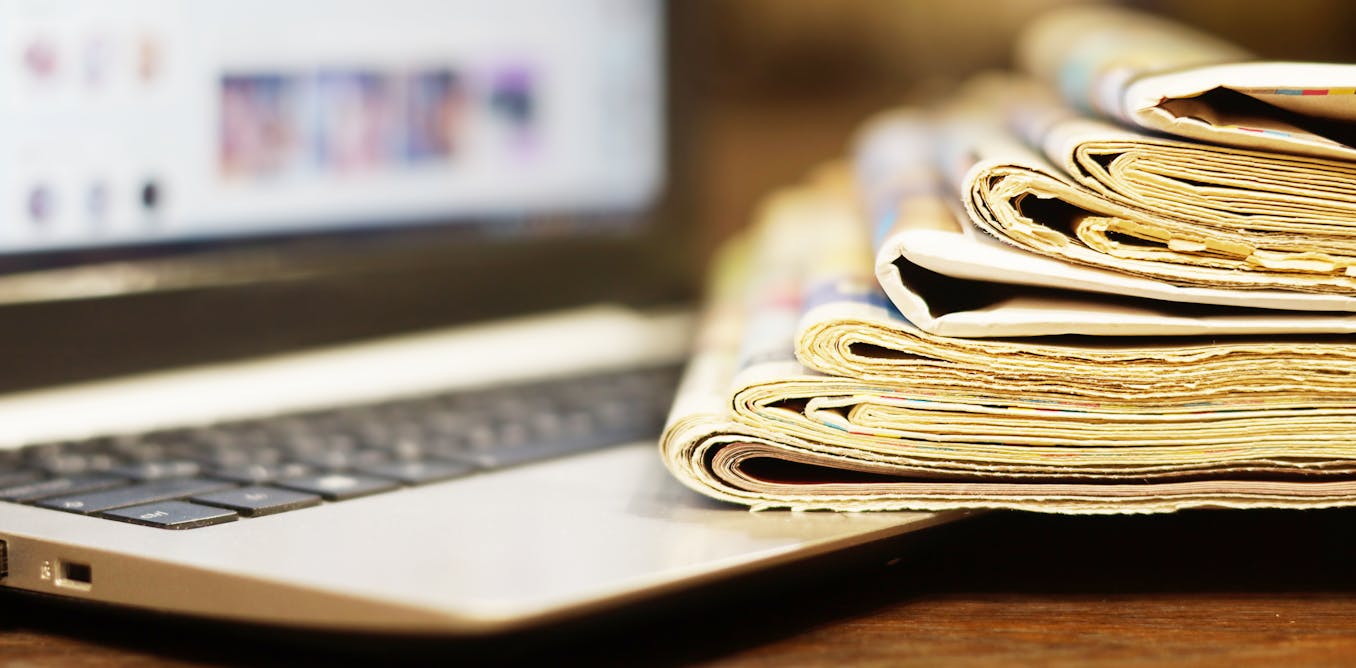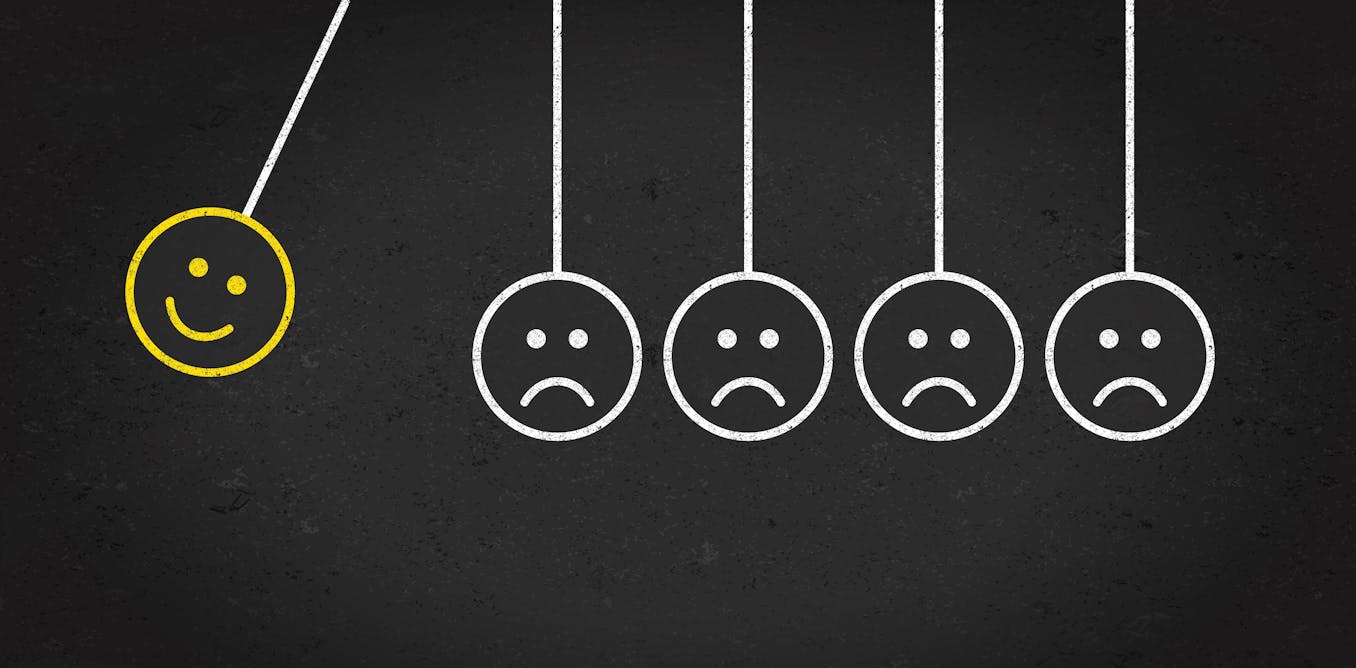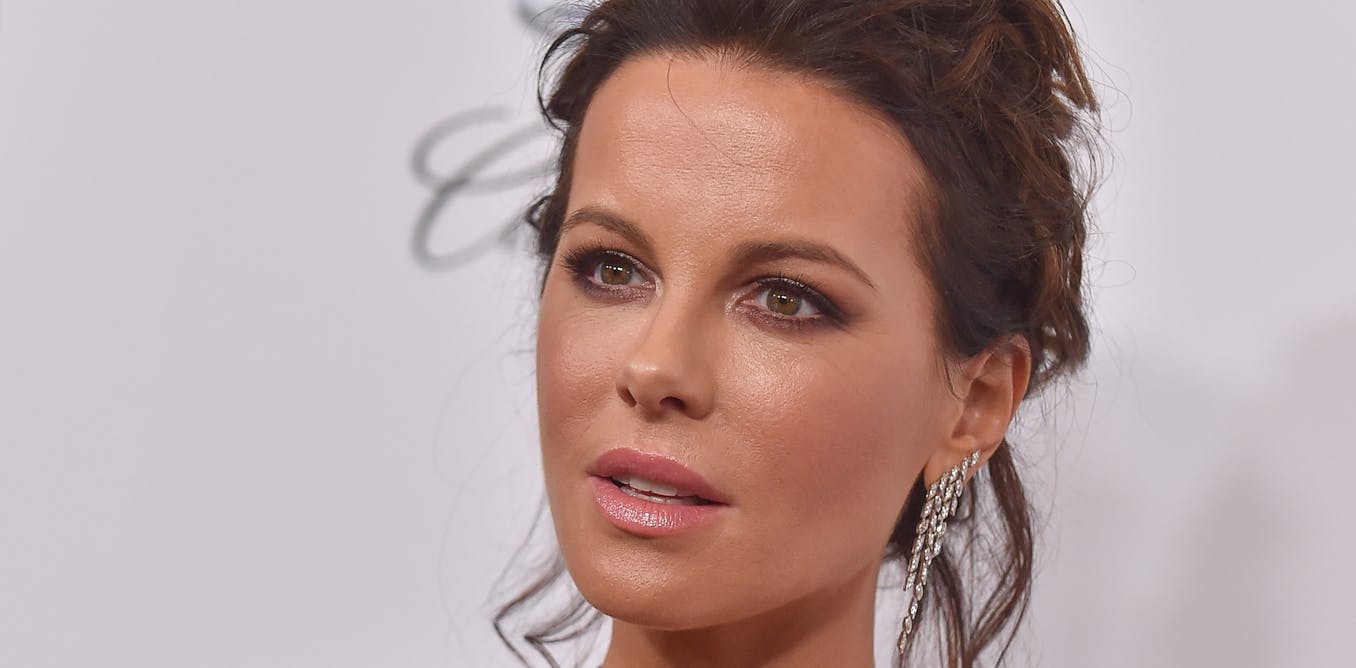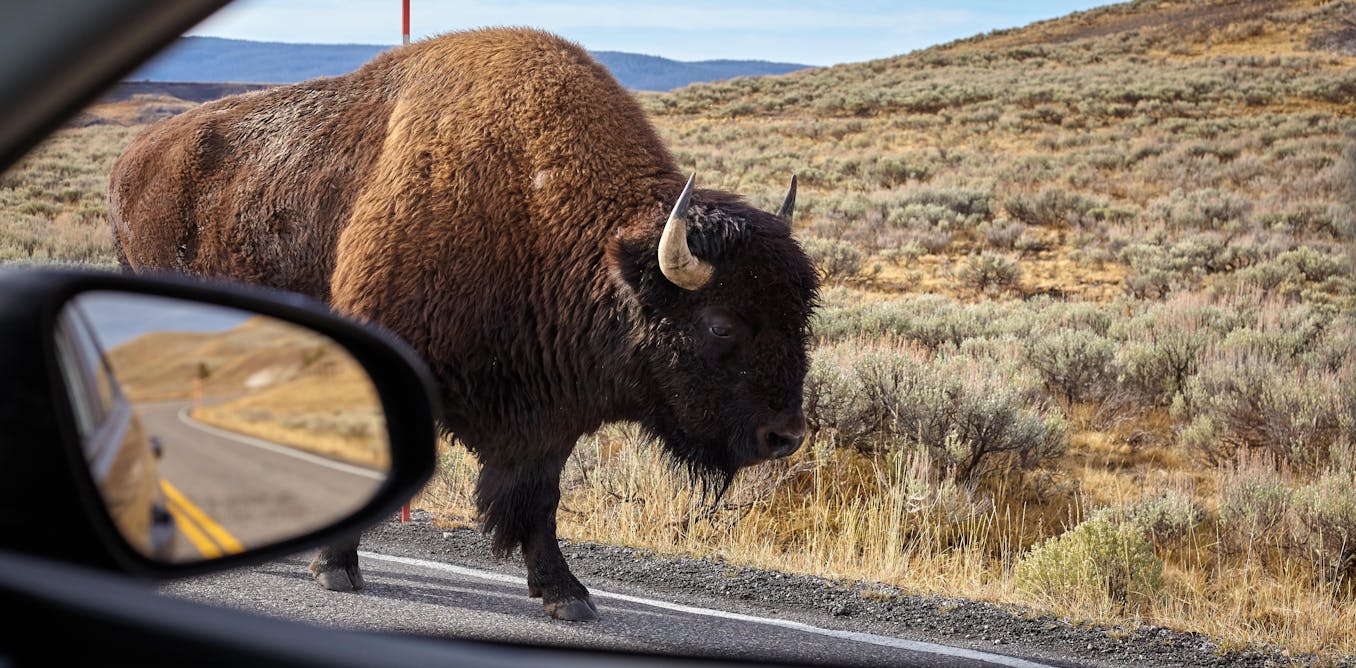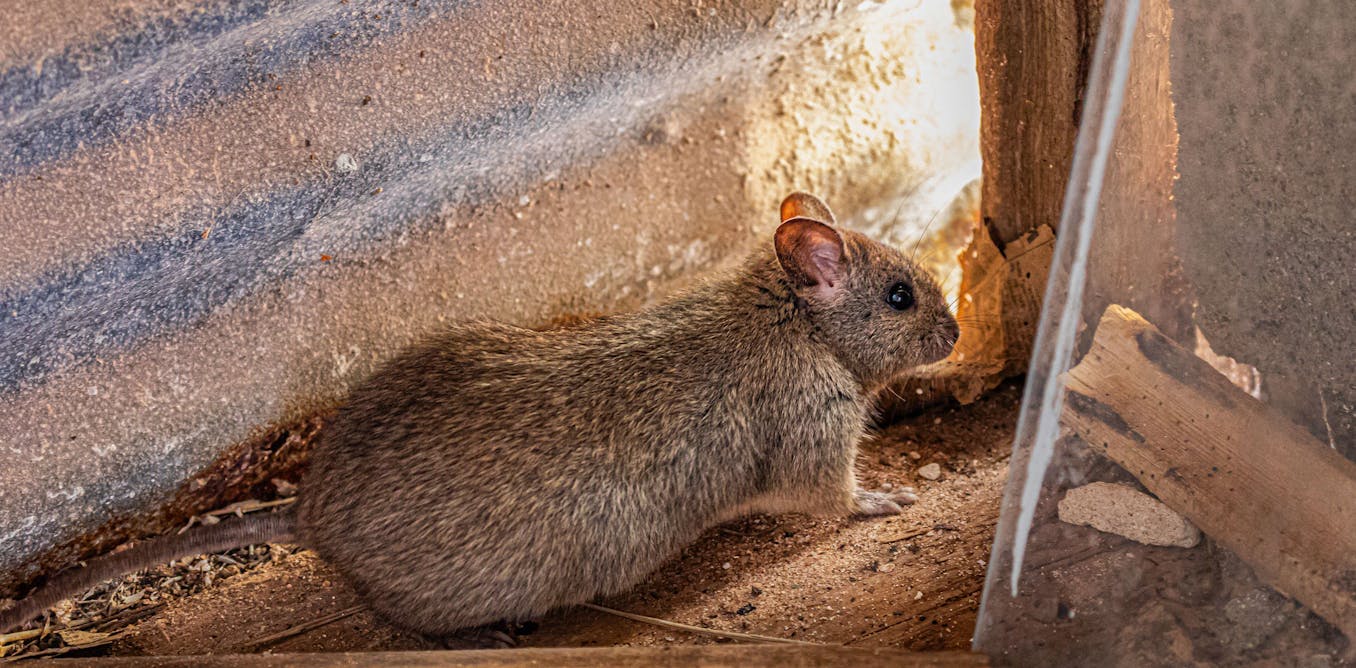Life Is Hard. Art Helps | Liana Finck | TED
In the TED Talk titled “Life Is Hard. Art Helps,” cartoonist Liana Finck shares her personal journey of using art to navigate the complexities of life. She humorously reflects on the many baffling aspects of the world, such as social etiquette and the challenges of dating, which often left her feeling like an outsider. However, she discovered that her unique perspective and personal experiences could be translated into her art in a meaningful way.
Initially, Finck hesitated to incorporate her personal struggles into her cartoons, fearing that they would be too specific or difficult for others to relate to. However, a breakup served as a catalyst for her to start drawing more autobiographically, allowing her to process her emotions and experiences through her art. She found that by sharing her vulnerabilities and insecurities, she was able to connect with others on a deeper level and create a sense of belonging.
As her confidence in drawing from her own life grew, Finck began to explore a wide range of topics in her art, from the challenges of scheduling and time management to her complex relationship with her faith. She also embarked on a project to reimagine the Book of Genesis as a graphic novel, presenting a unique and relatable depiction of a self-conscious and imperfect God.
Ultimately, Finck’s talk highlights the power of art as a tool for problem-solving, self-expression, and connection. By embracing her cluelessness and incorporating her personal experiences into her work, she discovered a sense of belonging and authenticity that resonated with others. Through humor and vulnerability, she encourages others to embrace their own unique perspectives and use art as a means of navigating life’s challenges.
Watch the video by TED
The ways of the world often baffle me. I sometimes wonder if I missed the memo about the most basic things. What are you supposed to make for dinner? What do you talk about in an elevator? Why do people cut in line? How do you leave a dinner party without being rude?
Or do you leave it all? [“Why are you still here?”] My tendency to see the world like I’m from outer space was a bit of a liability when I was a kid. True story. [“What’s a noogie?”] But it’s been helpful in my career. I’m a cartoonist. When I first started making cartoons for The New Yorker about a decade ago, I kept my ideas light and quirky. And please shout out if you don’t get any of them, I’ll explain. [“The synchronized swim team quits”] I didn’t draw anything too personal. [“Unicorns do exist!”] I mean, personal for someone. I figured I was too specific, too hard to relate to and read, possibly, too female. It took a breakup. [“I know there would be a time I could wear them without destroying my feet.”] It took a breakup to get me to start drawing more autobiographically. The pain I was feeling, although objectively pretty run of the mill, was impossible to ignore. [Tunnel of love] I knew that drying was my strongest problem-solving tool. So I decided to diagram what I was going through.
[Tunnel of love. Just kidding. Wall of death.] By making these drawings, I could see how my ex and I had hurt each other. And move on. Onto other breakups. [“Again?” Pit of despair] Drawing from my own life was a revelation to me, not only because it helped me understand myself better, but because it made me see for the first time that people could relate to me. Now that I had this amazing tool, there were so many problems I wanted to solve with it.
The problem of scheduling. [Work | Family / Friends] The problem of too many things happening all at the same time. [ “I’m having a birthday party! “I’m visiting New York!”] The problem, relatedly, of time. [Childhood / now] And finally, dating again. There’s an endless amount to say about dating. There are, of course, problems that can’t be summed up in a single drawing. For these problems, you need many drawings. One more complex problem I have is with God. I’m Jewish, so I’m talking about the God of the Old Testament. My problem with God isn’t actually a big problem.
It’s just, I don’t know, it’s stayed with me. My problem with God is that he’s too confident. For me, creation is an act of solving problems, of figuring things out. God already seems to have everything figured out. He strikes me as more of a king than a creator. And I’m not sure you can be both. As an experiment, I decided to remake the Book of Genesis as a graphic novel.
My version of God is not confident. And maybe not coincidentally, she’s a woman. It surprised me how few changes I needed to make to the original text, which is sparse and ancient and lends itself well to interpretation. For example, the Bible opens in this mysterious, moody way
With God floating aimlessly on the face of a dark, mysterious void. In my version, I have her floating this way because she’s feeling despondent about her limitations as an artist. She’s made this messy, wet, mixed up dark first drafts of the world, and she just doesn’t know where to go from here.
My version of God doesn’t know exactly what she’s doing, but she draws a horizon line, and things start to fall into place. She banishes Adam and Eve from the Garden of Eden, not because they disobeyed her, but because, by eating the apple and becoming wise,
She feels they have outgrown the world she created for them, and she needs to let them go. She scatters the builders of the Tower of Babel, not because she’s threatened by their power, but because, like any introvert, she needs her privacy. When she destroys the world in the story of Noah, it’s not because she’s incensed with mankind, but because she’s incensed with herself. She knows she could have done a better job when she made us. My adaptation of the Book of Genesis is a creation story full of false starts and absurdities.
But it’s a creation story all the same. One in which a self-conscious woman, even though she worries and makes mistakes, is nonetheless a successful, committed artist. When I finished my book, I did feel a new connection to the God of the Torah and a new sense of belonging to my religion.
I also felt a new sense of belonging, period. It’s lonely being someone who has no idea how to act normal. But it’s profoundly less lonely being that person in a world created for her by an equally awkward, self-conscious God. These days, when I worry that I won’t know what to make for dinner,
I remind myself that God wouldn’t know either. This picture is giving me anxiety. It’s like, literally, I drew it from life. This gives me the confidence to embrace my cluelessness and just wing it. Thank you, thank you so much.
About TED
The TED Talks channel features the best talks and performances from the TED Conference, where the world’s leading thinkers and doers give the talk of their lives in 18 minutes (or less). Look for talks on Technology, Entertainment and Design — plus science, business, global issues, the arts and more. You’re welcome to link to or embed these videos, forward them to others and share these ideas with people you know.
Video “Life Is Hard. Art Helps | Liana Finck | TED” was uploaded on 01/03/2024 to Youtube Channel TED




